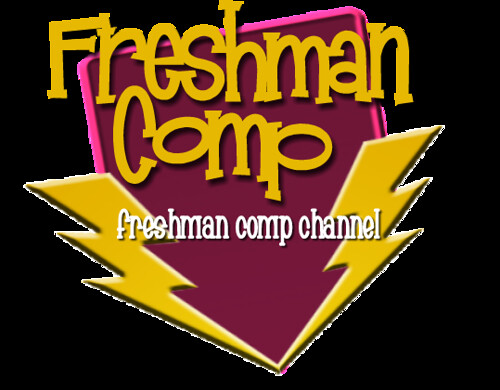Basic SoftChalk LessonBuilder Training
 This week we hosted a Basic Softchalk training in the CTLE. You can use SoftChalk LessonBuilder to easily create interactive lessons designed to engage your students in your subject. LessonBuilder allows you to quickly turn Word or PowerPoint documents into web pages for your students that include interactive learning games, quick response questions, and pop-up text annotations for definitions–all without being a programmer! It truly is that easy.
This week we hosted a Basic Softchalk training in the CTLE. You can use SoftChalk LessonBuilder to easily create interactive lessons designed to engage your students in your subject. LessonBuilder allows you to quickly turn Word or PowerPoint documents into web pages for your students that include interactive learning games, quick response questions, and pop-up text annotations for definitions–all without being a programmer! It truly is that easy.
MCCCD used to have a district license for Softchalk, but we are in the middle of a process to either re-subscribe or obtain a license for some other lesson builder program. I have no idea what those other options are, so I’m secretly hoping Softchalk won the RFP process and will be back in our hands by Spring. In the mean time, GCC purchased a 50 seat license just for our campus, so we are still up and running in Softchalk Cloud. The rest of the district is limited to just Softchalk 7 and zip files. It’s still a good option.
In the workshop I walked participants through the process of downloading and installing the software, creating a lesson from a Word Document, inserting page breaks and headings, adding an Image, adding a YouTube video, adding audio using the Windows Sound Recorder (Windows Media Audio format- wma), adding QuizPoppers, choosing Style Properties and exporting to Canvas using zip files (not Cloud version). I created a cheat sheet for the class below.
Student Engagement in a Changing World (Presentation)
I presented the following presentation at Southeast Community College in Lincoln, NE this week. My slides and notes are posted below.
Title: Student Engagement in a Changing World * Overall Theme: Student Engagement
I. Introduction: This presentation was designed to demonstrate different ways to engage students using a few technology tools along the way. (Animoto video) + Storytelling: Used to be a track coach, busy all the time, quit, realized I was bored with teaching, students were bored and unmotivated, started using tech to mix it up, went back to school, learned how to do it right, better engage students in their own learning. Student engagement is important in what we as teachers do.
“Students learn more when they are actively involved in their education and have opportunities to think about and apply what they are learning in different settings. Through collaborating with others to solve problems or master challenging content, students develop valuable skills that prepare them to deal with the kinds of situations and problems they will encounter in the workplace, the community, and their personal lives.”
Introduce CCSSE study – purpose.
II. CCSSE Data (Poll Everywhere)
2012 CCSSE Executive Summary (PDF) focuses on the importance of relationships among students, faculty, and staff, and with institutions themselves: how they evolve, the value they add, and the importance of building and sustaining these critical connections. The report offers data about the quality of community college students’ educational experiences and describes how colleges across the country are intentionally making connections with students online, in the classroom, on campus, and beyond.
“Personal connections are the unanticipated success factor — a critical variable that improves the odds of persistence.”
The five benchmarks of effective educational practice in community colleges are active and collaborative learning, student effort, academic challenge, student-faculty interaction, and support for learners.
Show key results from active and collaborative learning – Open a poll (“…79% of entering students report that they plan to earn an associate degree, but just _____ of full-time students meet that goal within six years. What percentage met this goal?) Answers: 35%, 45%, 55%, 75% <–PollEverywhere/ View our results and then the CCSSE results for A and C learning.
One more area possibly – Student/Faculty Interaction – another poll question – Transition -relate to student engagement
III. Student Engagement– occurs when “students make a psychological investment in learning. Read more


